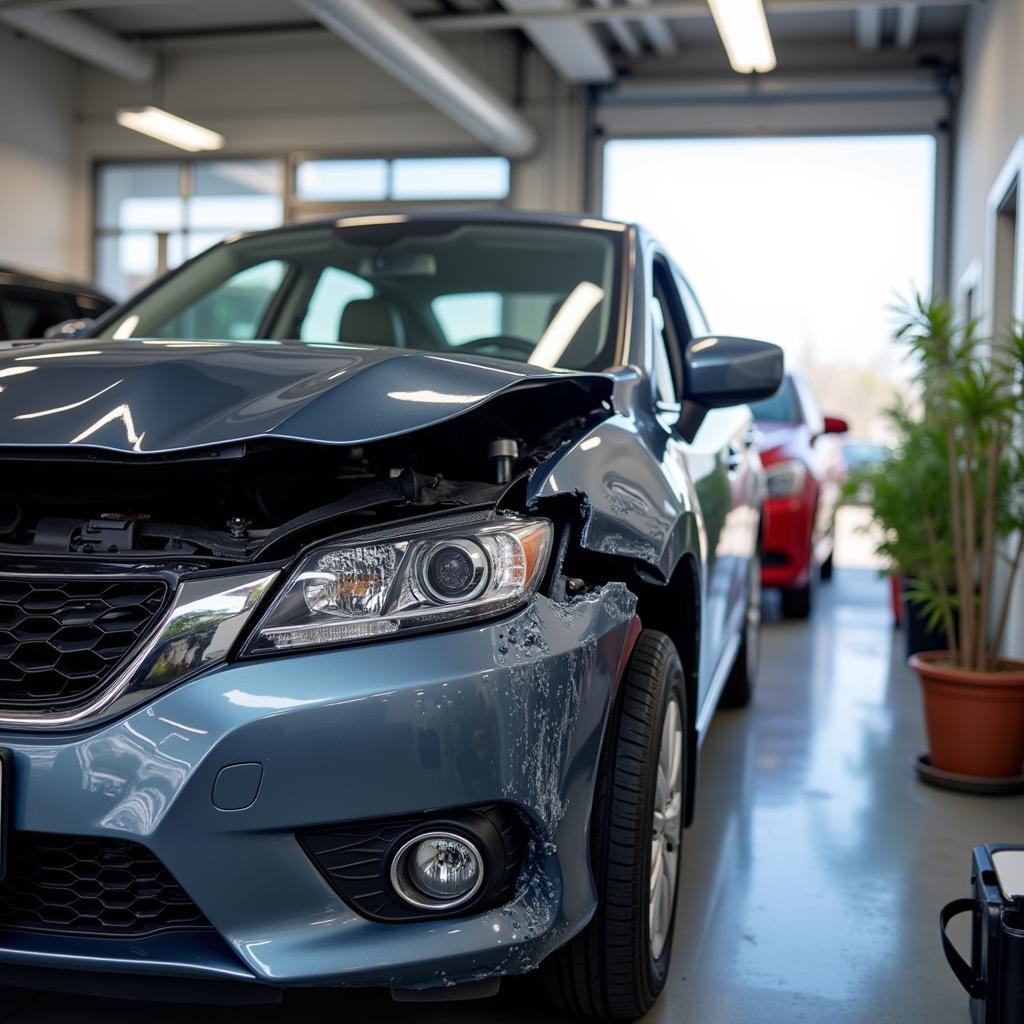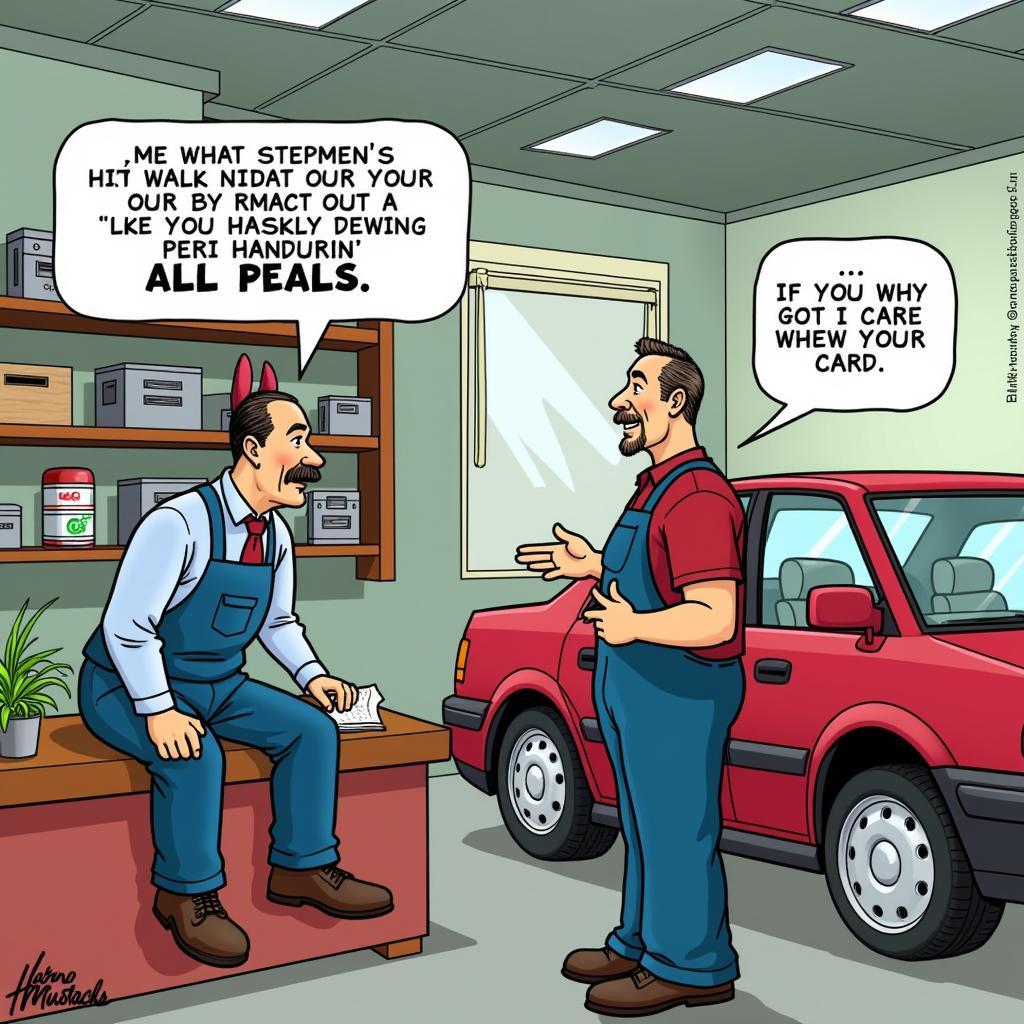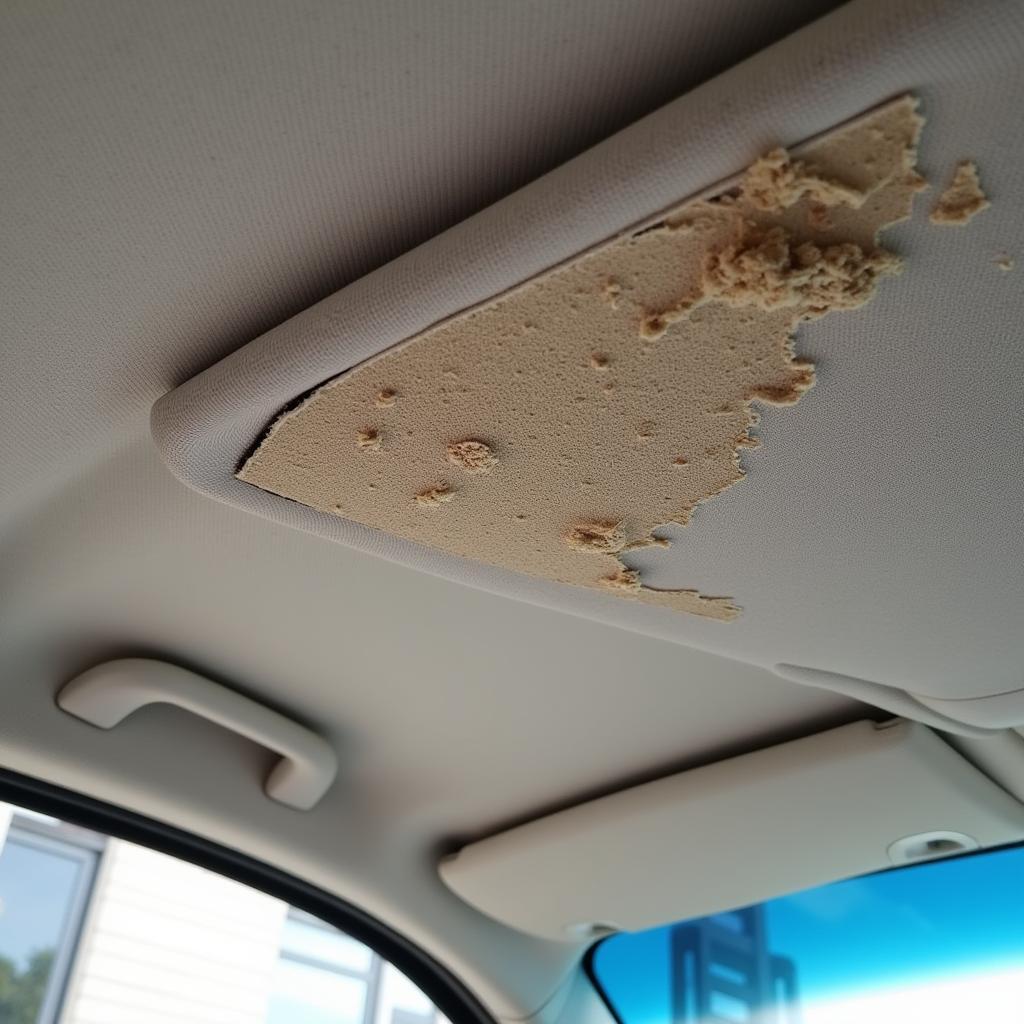Rental Car Charging For Maintenance is a critical aspect of fleet management, impacting both profitability and customer satisfaction. Understanding the nuances of maintenance costs, including routine services and unexpected repairs, and how these costs are factored into rental agreements is essential for both rental companies and customers.
Decoding the Fine Print: Understanding Rental Car Maintenance Charges
Maintaining a fleet of rental vehicles is a significant expense. Regular oil changes, tire rotations, brake inspections, and other preventative maintenance tasks are crucial for ensuring vehicle safety and reliability. These costs are typically factored into the rental price. However, understanding how rental companies handle these charges, and what responsibilities fall to the renter, can prevent unexpected expenses and disputes.
- Routine Maintenance: Rental companies are responsible for routine maintenance, such as oil changes and tire rotations. These costs are built into the daily or weekly rental rate. Renters are not typically charged separately for these services.
- Damage Repair: Renters are responsible for any damage to the vehicle that occurs during their rental period, beyond normal wear and tear. This includes damage from accidents, vandalism, or misuse. The specific costs associated with these repairs will depend on the nature and extent of the damage.
- Negligence and Misuse: If damage is deemed to be the result of negligence or misuse, such as driving on unpaved roads or failing to report mechanical issues promptly, the renter may be liable for the full cost of repairs.
Rental Car Charging for Maintenance: Who Pays for What?
Understanding who is responsible for what when it comes to maintenance costs is key to a smooth rental experience. While routine maintenance is covered by the rental company, repairs due to damage or negligence often fall to the renter. This can be a significant expense, especially if the damage is substantial.
- Wear and Tear vs. Damage: Normal wear and tear, such as minor scratches or small dings, are generally considered part of the normal operating costs for the rental company. However, significant damage, such as dents, broken windows, or mechanical problems resulting from misuse, are the renter’s responsibility.
- Insurance Coverage: Rental car insurance can help protect renters from these costs. Collision Damage Waiver (CDW) or Loss Damage Waiver (LDW) can cover the cost of repairs or replacement of the rental vehicle in case of an accident or other covered event. It’s important to understand the specifics of your insurance policy before renting a car.
 Repairing Damage on a Rental Car
Repairing Damage on a Rental Car
Navigating Unexpected Repairs and Maintenance Issues
Sometimes, unexpected mechanical issues can arise during a rental period. Knowing how to handle these situations can save you time and money.
- Report the Issue Immediately: If you experience any mechanical problems with the rental car, contact the rental company immediately. Delaying reporting the issue could be interpreted as negligence and could increase your liability.
- Follow Instructions: The rental company will provide instructions on how to proceed. This may involve taking the car to a designated repair shop or having a mechanic come to you.
- Document Everything: Keep records of all communication with the rental company, including phone calls, emails, and receipts for any expenses you incur. This documentation can be helpful in resolving any disputes that may arise.
“Promptly reporting any car issues is crucial,” advises John Miller, Senior Automotive Technician at Miller’s Auto Repair. “This protects both the renter and the rental company, ensuring the problem is addressed efficiently and fairly.”
Rental Car Charging for Maintenance: What to Ask Before You Rent
Before signing a rental agreement, it’s a good idea to ask the rental company specific questions about their maintenance policies. This can help you avoid any surprises down the road.
- What is considered normal wear and tear?
- What is the procedure for reporting mechanical problems?
- What types of damage are covered by the rental agreement and what types are the renter’s responsibility?
- What are the specific costs associated with different types of damage?
“Understanding the rental agreement thoroughly is essential,” says Sarah Johnson, Fleet Manager at Johnson Rental Cars. “Clear communication between the rental company and the renter can prevent misunderstandings and ensure a positive rental experience.”
Conclusion
Rental car charging for maintenance is a complex issue with significant implications for both rental companies and customers. Understanding your responsibilities and the rental company’s policies can help you avoid unexpected costs and ensure a smooth rental experience. By following these guidelines and asking the right questions, you can navigate the complexities of rental car maintenance with confidence. For further assistance or personalized advice, feel free to connect with us at AutoTipPro. Our phone number is +1 (641) 206-8880, and our office is located at 500 N St Mary’s St, San Antonio, TX 78205, United States.
FAQ
-
Am I responsible for oil changes during my rental period? No, routine maintenance like oil changes is the responsibility of the rental company.
-
What happens if I get a flat tire? Contact the rental company immediately. They will typically provide instructions on how to get the tire changed or replaced.
-
Who pays for repairs if I’m involved in an accident? This depends on the specifics of your rental agreement and insurance coverage.
-
What if the car breaks down due to a mechanical problem? Report the issue to the rental company immediately. They will typically arrange for repairs or provide a replacement vehicle.
-
Can I take the rental car to my own mechanic for repairs? No, you should always contact the rental company first and follow their instructions regarding repairs.
-
What should I do if I notice a small scratch on the car when I pick it up? Report it to the rental company immediately to avoid being held responsible for pre-existing damage.
-
What if I disagree with the rental company about the cost of repairs? Keep detailed records of all communication and expenses. You may need to contact your credit card company or pursue legal action if the dispute cannot be resolved amicably.






Leave a Reply